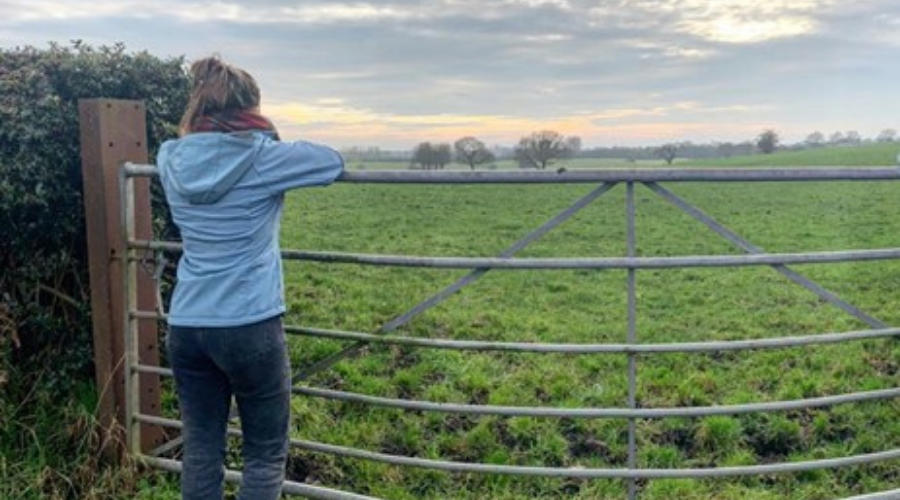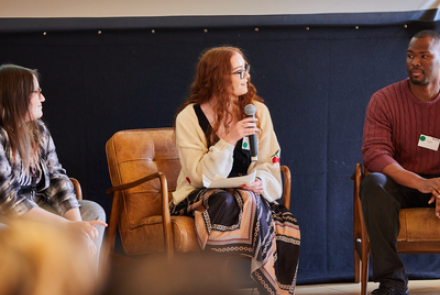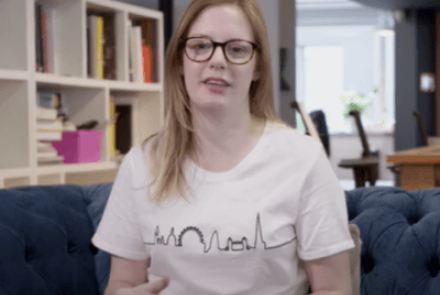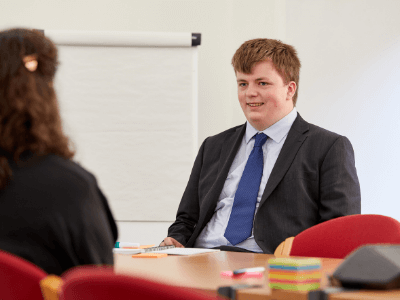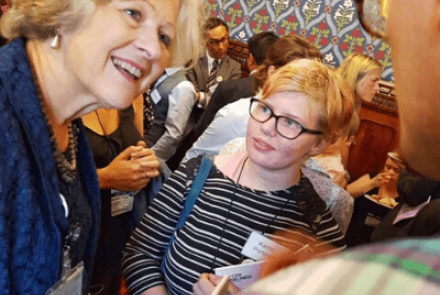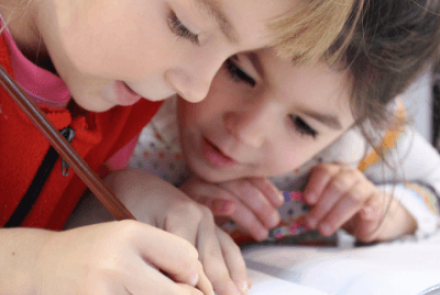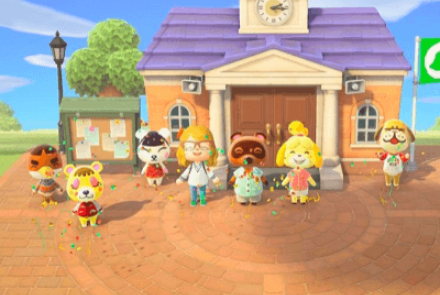My autism diagnosis: The long journey to acceptance
At 15 years old I was sat down in a dingy room in the mental health unit I had been admitted to five months earlier and told by my psychiatrist that I was autistic. How I was told about my autism diagnosis was so far from how I needed it to have been told, that I still to this day feel the same punch in my stomach when I think how those words hit me. It was never a case of being positive or looking at the strengths of an autistic mind. Rather it was a life sentence, a disability, something ‘wrong’ with me, and most of all a relief for the professionals involved in my care because they could finally give me an answer to send me on my way with.
When I was discharged from hospital, my parents were given a place on a six-week parenting course. It helped them to understand some of my behaviour and anxieties, but it didn’t help the fact they still had to face reality. The reality of which, was parenting an autistic, mentally ill teenager and supporting them to somehow reintegrate into society.
Damage
The psychiatrist didn’t know of the damage that the approach they took in disclosing my diagnosis and post-diagnostic support (or lack of it) caused to my already vulnerable mental health. Similarly, the Children and Adolescent Mental Health Services (CAMHS) structure and policy didn’t recognise the damaging notion of delivering a narrow window of cognitive behavioural based therapies, designed to ‘fix’ peoples’ thinking patterns. The therapists didn’t acknowledge that I needed anything but encouragement to change who I was because I would actually never be able to change the fact I was autistic. Essentially, I never succeeded in Cognitive Behavioural Therapy (shock)! In fact, I didn’t succeed in any kind of therapy CAMHS offered me and at the time it just made me feel broken.
Looking back now I can see that I was just so stuck in my past that my brain didn’t have the capacity to focus on my future. But at the time, there was a notion in CAMHS to not dwell on the past, to not bring up old memories or be negative. The message this gave me was to keep it in, causing me more hurt and more shame. It simply made me push those feeling further down and avoid them.
Determined to accept my autism
I was discharged from CAMHS at 18 and as hard as things were, I was equally determined to create a life for myself. At this point, I knew that there was still a whole heap of things from my past to deal with but with avoidance a key strength of mine, I attempted to educate myself on all things autism. I went to university at 19 and studied education and special needs, completing my dissertation on the impact of late diagnosis for those who identified as autistic females. At 22 I studied for a Masters in Autism in childhood at the University of Birmingham. I once again completed my dissertation on the impact of misdiagnosis on the mental health of identifying autistic young women.
Academically, I knew more than I ever imagined about autism, but personally, I still struggled. I battled with my mental health and feeling stuck in my past but I had no clue where to get help or access support. I fell through the cracks of every service I approached or was referred to. I wasn’t ‘autistic enough’ for autism services but I wasn’t mentally ill enough for mental health services. At the age of 22, I had given up hope in ever being at peace with who I was, past or present. I was once again in a dark place, fuelled by depression and antidepressants that didn’t help my brain. I knew something needed to change and I set out to find the help I needed.
Healing
Fast forward two years and at the grand old age of 24, I can finally say that I have found the hope of accepting and dealing with my past. I have found a type of therapy and a therapist that works for me. I have a space to talk about my life, past, and present where I can deal with all my feelings and memories. I’m not discouraged from talking about how awful life felt at times and I’m not told to ‘be more positive’. Sometimes the reality is that life isn’t always sunshine and rainbows. Sometimes life is messy and painful and everything in between but avoiding why it hurts doesn’t fix it.
It’s probably the longest journey I will ever go on, finding who I am and healing. But I will never regret having the courage to finally listening to what I needed in terms of support. Honestly, I wish I had been offered or had the courage to explore a different kind of therapy a long time ago. Post diagnostic support shouldn’t just be leaflets or websites. It should be therapy and a safe space to explore your life pre-and post-diagnosis. It shouldn’t be professionals defining your future based on the language they use. It should be a given, a right, and as unique as autistic people.
Now I am healing, I am living.
About the author
Bella is a Youth Patron and a member of the Ambitious Youth Network.

